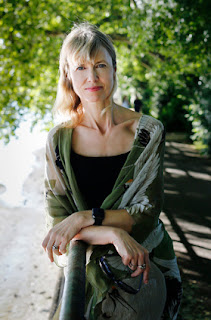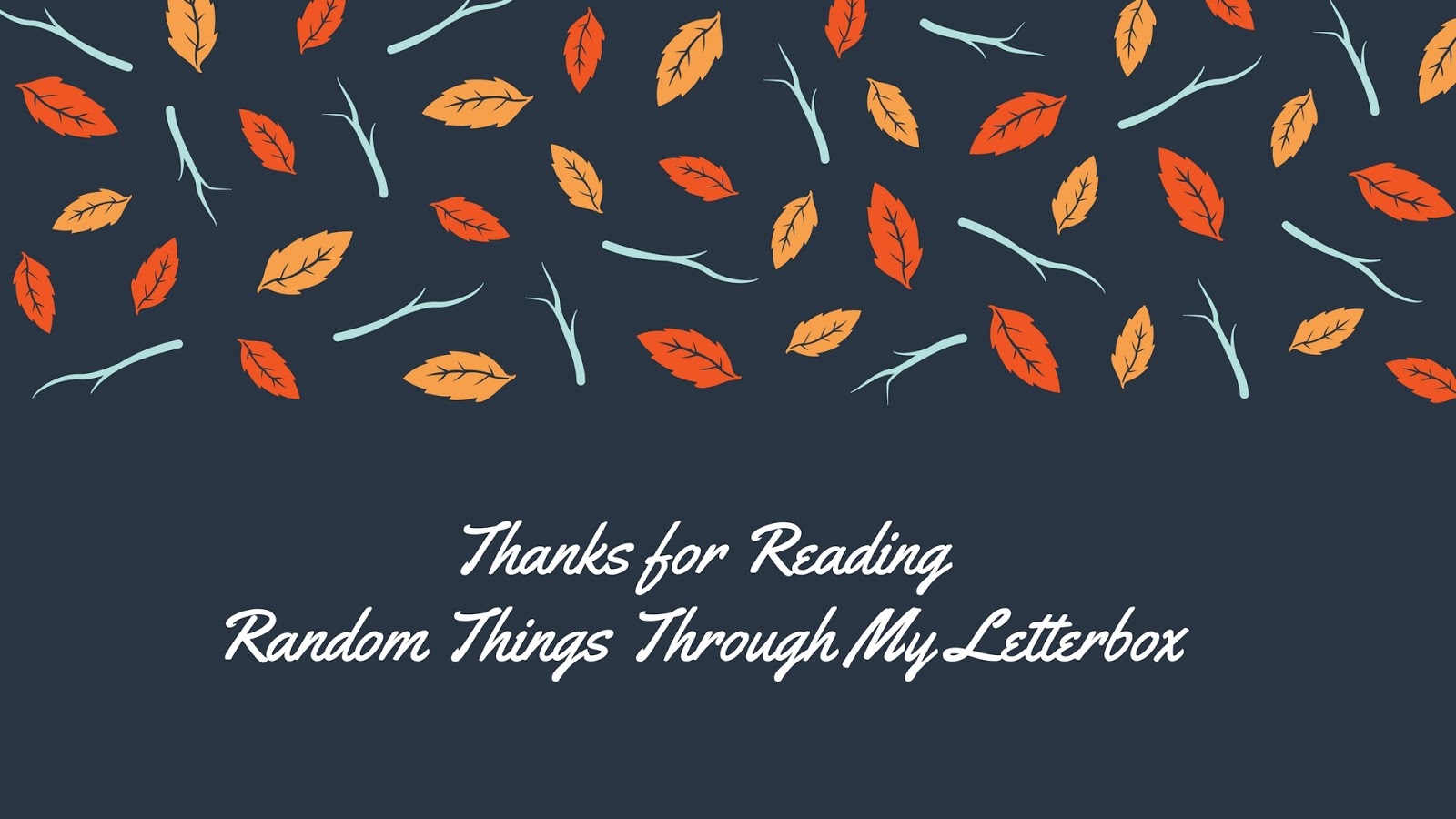England 1835. Eliza Acton is a poet who dreams of seeing her words in print. But when she takes her new manuscript to a publisher, she’s told that ‘poetry is not the business of a lady’. Instead, they want her to write a cookery book. That’s what readers really want from women. England is awash with exciting new ingredients, from spices to exotic fruits. But no one knows how to use them
Eliza leaves the offices appalled. But when her father is forced to flee the country for bankruptcy, she has no choice but to consider the proposal. Never having cooked before, she is determined to learn and to discover, if she can, the poetry in recipe writing. To assist her, she hires seventeen-year-old Ann Kirby, the impoverished daughter of a war-crippled father and a mother with dementia.
Over the course of ten years, Eliza and Ann developed an unusual friendship – one that crossed social classes and divides – and, together, they broke the mould of traditional cookbooks and changed the course of cookery writing forever.
Prologue
1861 Greenwich, London
Ann
Before Mr Whitmarsh leaves for work, he does something quite out of character. He gives me a gift. Wrapped snug in brown paper. No ribbon, just string. But a gift all the same.
‘This is for you, my Ann,’ he says, even as his rheumy eyes are on his pocket watch. He likes to call me ‘his Ann’, although I think ‘Mrs Kirby’ would be more appropriate for a servant of my age and experience. I do more than serve, of course. Like keeping his bed warm at night and braiding the sleek hair of his motherless daughters.
As soon as the lift and press of his leather soles on the marble floor is gone, I prod curiously at the package. I know it’s a book. I can tell by the shape and heft of it. I untie the string and pull at the paper, my mind racing and dancing. As if someone has climbed inside my head with an egg whisk and turned my brain to a fine froth.
Will it be a volume of poetry? Or a novel? Or a book of maps? And why has he bought me a gift anyway? The paper falls in clumsy shreds to the floor. Not like me to be so ... I pause and search for the word. Exuberant. I smile, knowing exactly who taught me the word exuberant.
Mr Whitmarsh knows I like reading for he has caught me at it. Red-handed. First, he caught me in his library examining his map collection. Then he caught me at the stove, deep in a poetry book. And after that he found me with my nose in a novel when I should have been waxing the floorboards to a shine. But isn’t that why he took me so readily to his bed? And why he calls me, with such affection, his Ann?
A little twitch flirts at the corners of my mouth. But then the twitch sets fast. And the whisking in my head stops. For all the wrapping paper is off now, lying round my feet in scraps and rags. The book is a colossal tome that’s neither poetry nor novel. Nor is it a book of maps. I turn it over, sniff its calfskin bindings, feel its leather spine as smooth as skin. Then I run the tips of my fingers over its cover, over the raised gilding of its title. Mrs Beeton’s Book of Household Management.
Why would I want such a book as this? Disappointment rushes through me, making my fingers slip so that pages turn, crackle, crumple. And words flicker and spin before my eyes ... knuckle of veal with rice ... tartar mustard ... turnips in white sauce . . . gooseberry pudding . . . A snorting gasping sound, most inelegant, escapes from my mouth. Mr Whitmarsh has bought me a book of recipes! The man is more of a buffoon than I thought.
My fingers move less hastily, my gaze slows and lingers. Until I am stock-still and reading – word for word – a recipefor crimped salmon with caper sauce. A most peculiar sensation passes over me. My mind, which a few minutes ago was whisked to a foaming peak, goes very small and tight and still. Like a hazelnut.
Every word, every ingredient, is uncannily familiar. I turn the page. And read. And turn another page. And then another. Slowly it dawns on me. These recipes are mine. And hers too, of course. I recognise them because I cooked them. Because I wrote down my observations of them on a slate. With a stub of chalk. Day after day. Year after year.
Our recipes have been plundered, rearranged upon blank new pages, emptied of her elegant tilt and turn of phrase, her sly humour. The bones remain – cold graceless lists of instructions and ingredients – assigned now to a Mrs Beeton, whoever she may be. Yet they belong to me and to Miss Eliza, who is barely cold in her grave.
I read on, tasting each dish upon my tongue: sweet slippery leeks, new-born peas swirled in butter, meringue as fresh and light as snow. And gradually, recipe by recipe, I’m returned to the kitchen of Bordyke House. The air smoke-thick with roasting pigeons, frying onions, softly stewing plums. The sing of it all: the water pump cranking in the scullery, the logs spitting in the range, the jingle of pewters and the rattle of cutlery, the thump of a rolling pin, the endless bubble and simmer of the stockpot.
I push away Mr Whitmarsh’s book of stolen recipes, and slowly stoop, kneel, to pick the wrapping paper from the floor. That’s when I hear her. I recognise her tread – so neat and determined – upon the stone flags. She’s moving towards me, her skirts swishing round her ankles. Her voice, at once purposeful and gentle, calls out: Ann? Ann?
She grew up in Bristol, Sussex and Wales before studying English Literature at the University of East Anglia.
Her debut novel The Joyce Girl won the Impress Prize and was a Guardian Reader's Pick and her second novel Frieda: The Original Lady Chatterley was a Times 2018 Book of the Year.
She regularly appears on national and regional media, with recent appearances on Radio 4 Woman's Hour and Sky News, and is popular on the literary festival circuit.
She was longlisted for the Bath Novel Award, the Caledonia Novel Award and the Waverton GoodRead Award.
Annabel lives in London with her husband and four children.
Abbs’s third novel, The Language of Food, the story of Eliza Acton, Britain’s first domestic goddess, publishes in the UK in February 2022 and is currently being translated into 14 languages.
“When I inherited a collection of antiquarian cookery books I suspected a story might be lurking in one of them. Researching and writing the story of Britain’s first domestic goddess has been a wonderful culinary adventure.” – Annabel Abbs
www.annabelabbs.com
Twitter @annabelabbs
Instagram @annabelabbs
Author Page on Facebook








No comments:
Post a Comment